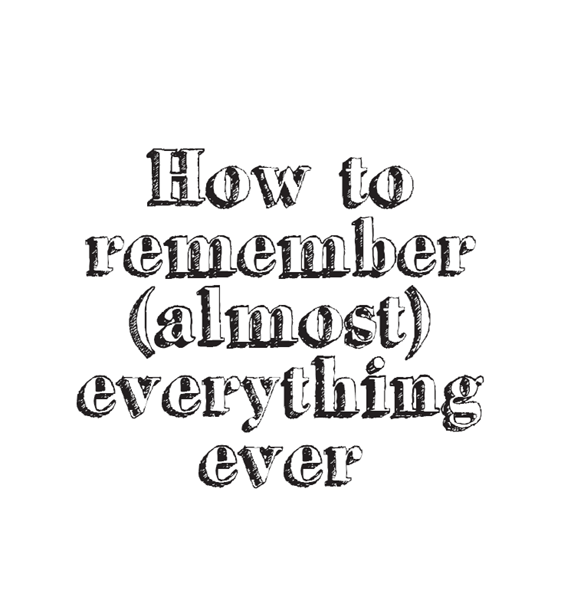
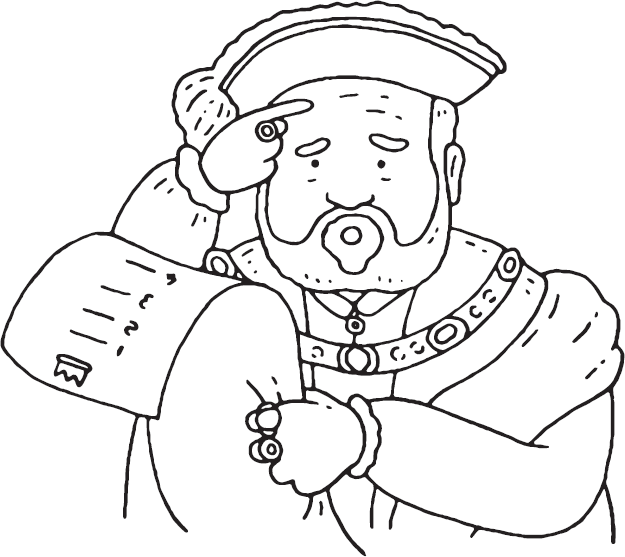
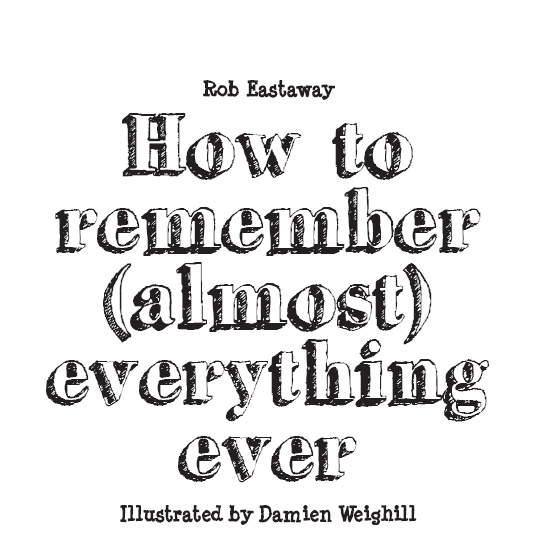

Acknowledgements
I would like to thank my nephews Tom and Mark, who enthusiastically helped me with several of the experiments, my encyclopaedic researchers David and Ian who dug up some memorable material, and Hazel and Barry for steering me in the right direction. Thanks also to Martha and Dave, Peter and Mary, Chris and the Good Old Days? group. Im also indebted to the teachers and children at St John The Baptist National School Midleton, the American School of Bucharest, Lakeside School Coppell and Nations Ford Charlotte for all their help in testing out the experiments. And thank you Elaine for your support and encouragement throughout.
Thanks also to Tom Lorenzin, Barbara Abrahams, Helen Nicol and everyone else I quizzed over several months.
R.E.
Contents
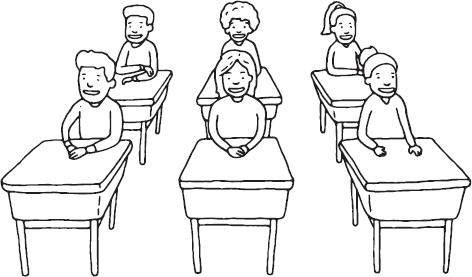
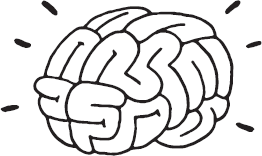
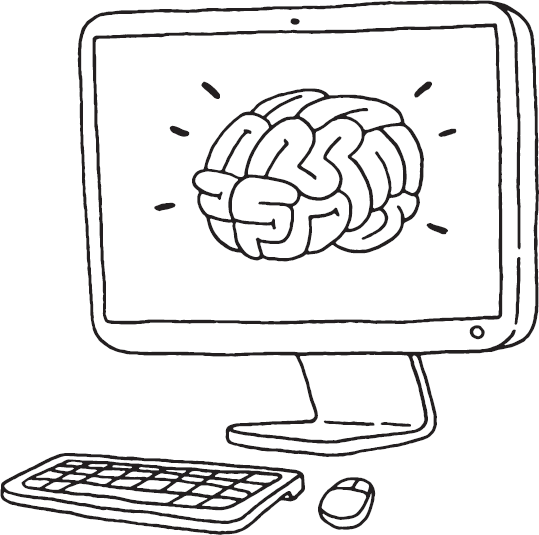
Introduction
Inside you is one of the most incredible computers on Earth. It has the ability to store billions of bits of information and to retrieve them in almost no time at all. It can instantly recognise a noise or a smell, handwriting or a picture, much faster and more reliably than electronic computers.
What is this computer? It is your brain, of course. The human brain is so clever and so complicated, it is only in recent years that we have begun to understand how it works and what it can do.
Of all the skills a brain has, one of the most important and the most mysterious is memory.
What is memory? How does it work? Do animals have memories? Is it possible to remember everything? Can ordinary people improve their memories so that they become super-powerful? These are some of the mysteries that we shall be investigating.
In contains 50 fun and easy-to-learn memory aids that will give you instant recall to all kinds of useful facts and information to impress your friends.
Throughout the book there are some amazing true stories about memory to read and exciting tasks and experiments to do.
So if you are all set for an exciting brain adventure, read on!
How to Remember More
Did you know that according to some people, we typically make use of less than 10 per cent of the power of our brain?
If this is true, then you have the potential to make a huge improvement to your memory. This section gives you the chance to test this out. There are lots of tips and techniques for improving your memory. But watch out! Any new technique takes time to learn. Allow yourself the chance to practise, and then who knows? Maybe you will discover that you have some powers that will really surprise you. Lets start off with an experiment.

Experiment 1
Which Words?
for a list of 20 words. Read it once and then turn back to this page.
DO IT NOW
OK, have you done it? Now write down as many words from the list as you can. How many can you remember?

If you got five you have done very well. The important thing is which words you remembered. It is common for people to remember the first and last items in a list, so perhaps you remembered Doll and Bed. One word that you almost certainly remembered was Zippedy-Doo-Dah. Why? Because it was bigger and sillier than all the others in the list. Brains are especially good at remembering unusual or silly things.
READ THE LIST ONCE THEN TURN BACK THE PAGE
DOLL | ZIPPEDY-DOO-DAH | HIGH |
HAND | GUM | COOK |
GREEN | BUCKET | TIME |
TWO | FLY | HOW |
PLASTIC | SPEED | Angry |
FELL | HEAVY | BED |
STICK | FLOOR |
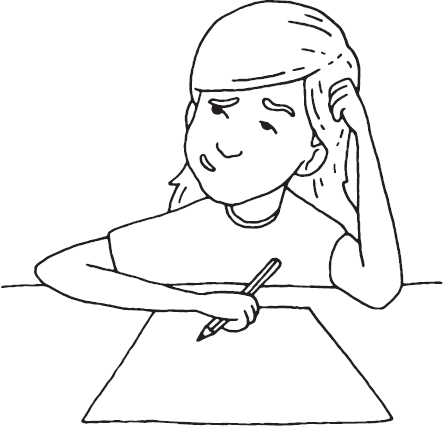
Creating a Story
One reason why you didnt remember everything on the list is that there is no connection between the words. It is much harder to remember things that are jumbled than things that have connections and a pattern. Test this for yourself. Here are two patterns made with matchsticks. Look at both for a few seconds and then cover them up. Which do you remember best?
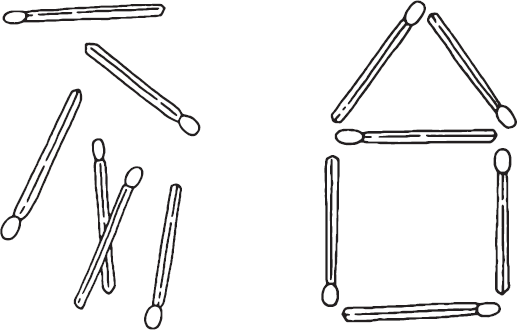
Both patterns are made with six matches, but the one on the right is easier to remember because it makes a recognisable shape. Each match connects clearly to the next. Memory works best when the things you are trying to remember link together.
One way to link a list is with a story. Lets try this with the list of words on the previous page and make up a story using all of them. Dont forget, the sillier the story, the easier it will be to remember!
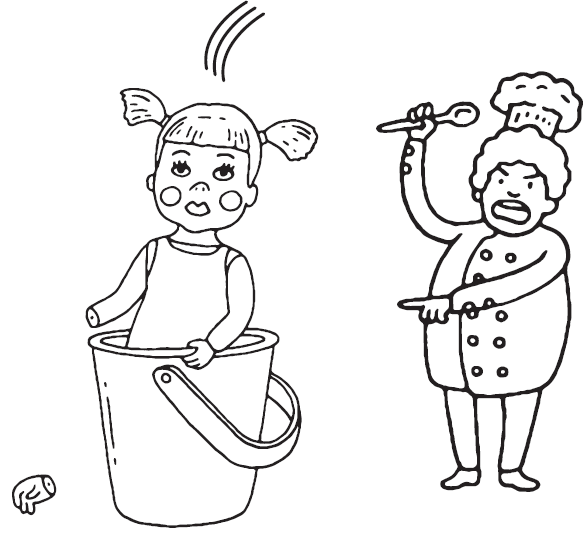
Once, there was a PLASTIC DOLL with TWO GREEN HANDS. One hand FELL off, so I had to STICK it back on with GUM. ZIPPEDY-DO-DAH! I said, I wonder if it will FLY? But it was too HEAVY and it landed in a BUCKET on the FLOOR at HIGH SPEED. HOW did this happen? said the ANGRY COOK. It is TIME for BED!
Read the story again, then cover it up and see how much you can recall. You will probably find that you remember more of the words in the list this way. Next time you have an important list to remember, why not link everything on it with a story?
Memory By Story-telling
During the last hundred years, explorers of remote parts of the world found many tribes where there was no tradition of writing things down. All of the stories and legends of the tribe were passed from one generation to the next by story-tellers who held all of the information in their heads. Anthropologists who recorded these stories sometimes found that a story-teller had memorised so much that it took him six days to recite it all. Written down it would be enough to fill hundreds of pages. How did they learn these stories? Almost certainly by listening and repeating again and again until they were perfect. Repetition is a powerful way to remember!


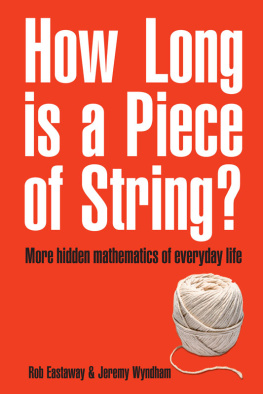

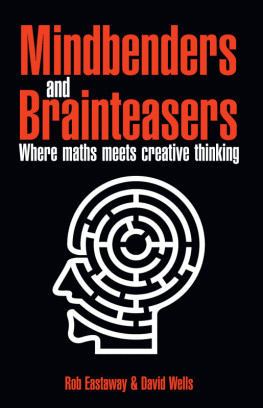
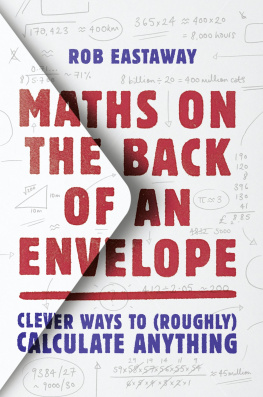
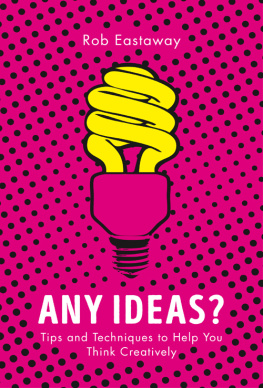
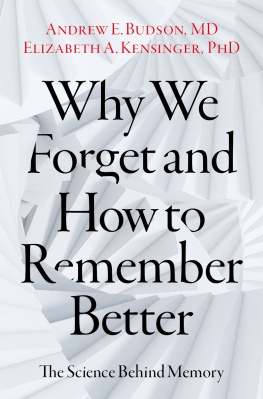

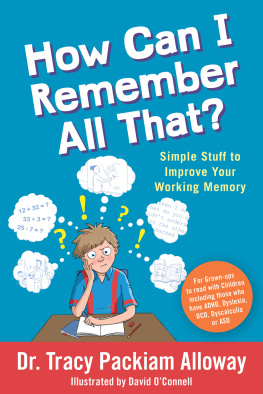

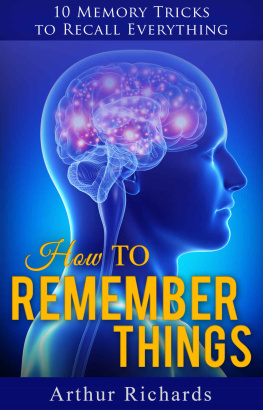
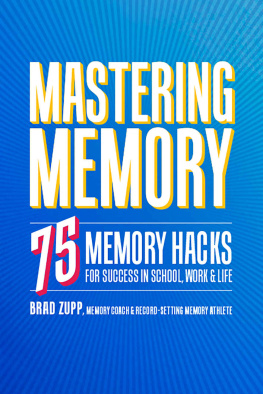
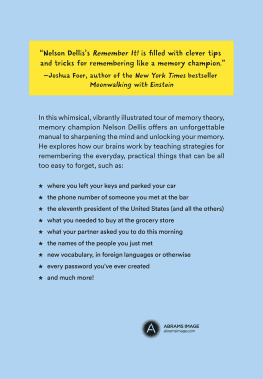
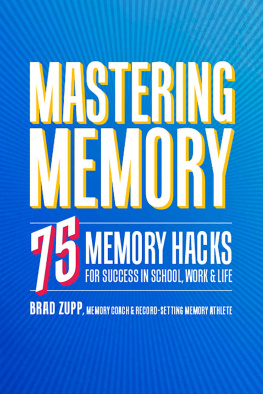
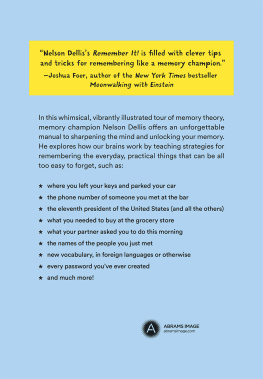
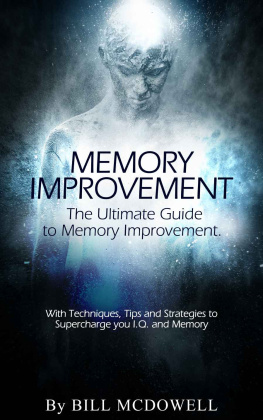
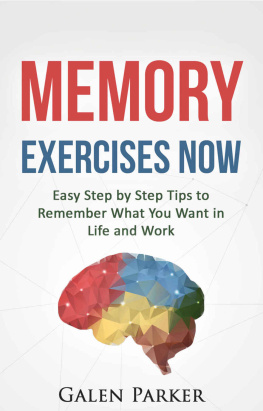







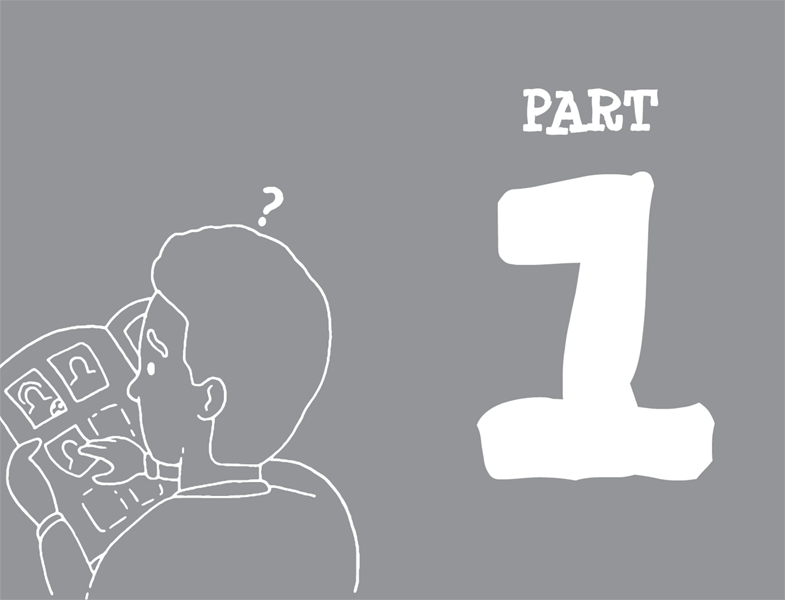
 Experiment 1
Experiment 1


